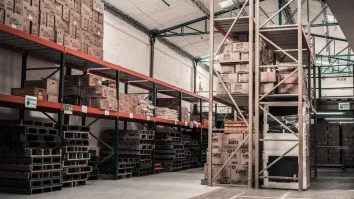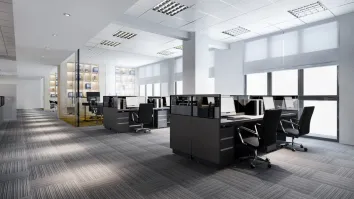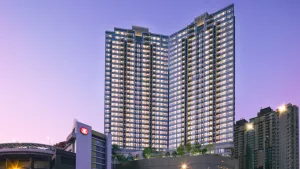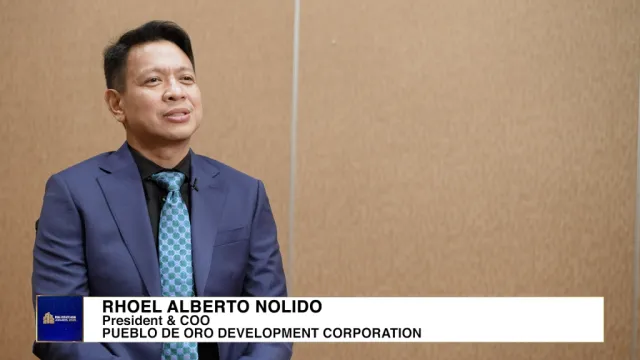
Everything you need to know about satellite offices in Tokyo
Companies with satellite offices in Japan tripled between 2017 and 2023.
In a recent report, Savills noted that many large companies in the Tokyo 23 wards (23W) swiftly transitioned to remote work arrangements during the pandemic. Now, while many employees have returned to offices, hybrid work arrangements remain prevalent in Tokyo.
According to a survey by the Cabinet Office, in March 2023, approximately 50% of the workforce in the Tokyo 23W practises remote work at least one day a week, which is significantly higher than the pre-pandemic level of 18% in December 2019. Indeed, hybrid work arrangements are likely to linger as a company perk, particularly at large corporations, to attract and retain their workforces.
Here’s more from Savills:
Meanwhile, satellite offices with flexible spaces also began gaining traction even before the pandemic, driven by the rising trend of freelancers and startups, with research by Xymax demonstrating that the percentage of companies in Japan with satellite offices had tripled between 2017 and 2023, many of which were likely to have had flexible plans. As companies embrace hybrid work arrangements, the demand for smaller and more cost-efficient office spaces that can facilitate seamless communication has grown.
Furthermore, potential security concerns with working from home, cafes or restaurants may have driven the demand for a conducive “third place” for remote workers further. These satellite offices have a widespread presence in major cities like Tokyo, Osaka, and Nagoya, and employees can choose a location near their home, reducing commuting time to the main office.
Furthermore, given the convenience and flexibility afforded to tenants, such satellite flexible offices are also receiving noticeable interest, especially among SMEs and startups, to be used as their main office. The pandemic has proved the feasibility of hybrid work arrangements to employers, and some shift towards flexible office space should continue, particularly in office markets like Shibuya and Shinjuku, which aligns well to their tenant profile.
According to Xymax, more than 90% of the office buildings in Tokyo 23W are small and medium-sized, with a majority of these buildings constructed during the bubble period (1987 to 1993). Many of these older office buildings tend to lose competitiveness, due to the demand for stylish, modern work environments with more sophisticated features and amenities that boost productivity and communication.
To capitalise on the challenges faced by older office buildings, some domestic players, including Ichigo Group and Sun Frontier, have been carrying out renovations to older properties to add additional value, and leasing them out as set-up offices, which are often used as satellite flexible work spaces. For instance, Ichigo Group carried out renovations to the Ichigo Jimbocho Building and the Ichigo Uchikanda Building, resulting in rental increments of 75% and 46%, respectively.
These types of flexible office spaces can be found not only in small and medium-sized office buildings but also in large Grade A buildings in prime locations. For instance, a number of well-known international flexible space operators focus on high-end serviced offices tailored to the needs of tenants seeking top-quality amenities and prestigious locations. Regional cities have also experienced an uptick in the establishment of satellite flexible offices, supported by government subsidies, incentivising the relocation of companies from metropolitan areas to regional areas. Indeed, in 2021, approximately one-third of satellite flexible offices benefitted from local government support.
Furthermore, these set-up office spaces offer flexibility and convenience for smaller companies. Unlike traditional standard lease contracts, these flexible contracts offer shorter term options, some as short as one month. They typically require smaller or no deposits unlike traditional leases, which often require a few months’ rent equivalent in advance.
Additionally, termination notices are also shorter, typically around 30 days. With elevated construction costs and prolonged lead time, companies can also circumvent hefty renovation costs when moving in and out as traditional leases typically require tenants to return the space to its original condition.
As such, flexible office spaces appear to make more economic sense to many SMEs and startups, enabling them to swiftly move into office spaces with minimal initial investment and hassle. Hence these types of offices are more widely prevalent in submarkets like Shibuya.
As hybrid work arrangements become more commonplace, the demand for satellite offices and flexible spaces may grow in tandem as companies and workers explore alternatives to working from home. More developers and investors in office buildings may consider incorporating flexible spaces and set-up office concepts to cater to the growing demand for such specifications, which may also enhance the competitiveness of existing office buildings.



















 Advertise
Advertise




